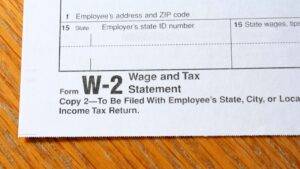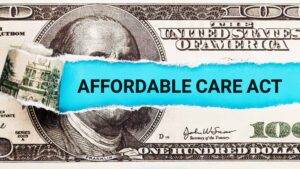
With more than 6 million S Corporation returns filed each year, we'll break down the
6 min read
Recent campaign proposals from both sides of the aisle have suggested eliminating taxes on tips. While this idea may sound appealing to constituents, the reality is more complex — especially for tax professionals advising service industry clients. Here’s what you need to know. (We’ll be discussing this topic even more in-depth in our two-part livestream special, Tax at the Ballot Box, taking place October 22nd and December 10th.)
The service industry comprises approximately 4 million tipped workers, representing 2.5% of the U.S. workforce, according to Yale University’s Budget Lab. These workers tend to be younger (median age 31) and lower-paid than the general workforce. Most significantly, about one-third of tipped workers already have no federal tax liability, even before considering credits like the EITC or CTC.
For a deeper dive into the real-world mechanics of the presidential candidates’ tax proposals, register for our two-part (4 CPE credit hours) live special, Tax at the Ballot Box. If you can’t make it live, you’ll receive access to the on-demand video course to watch at your leisure. Join two heavyweight instructors — Sharon Kreider, CPA, and Russell W. Sullivan — as they unpack the tax proposals that are on the table with this year’s Presidential election, live for Las Vegas.
Understanding the real-world impact is crucial for tax professionals advising clients. Lower-income workers earning below the standard deduction ($14,600) would see no benefit, as they already have no federal tax liability. Middle-income servers in the 12% tax bracket would save approximately $0.12 per dollar of tips. The most significant benefits would accrue to the top 10% of wait staff, those earning $60,000 or more annually.






Subscribe to our news, analysis, and updates to receive 10% off your first purchase of an on-demand digital CPE course.